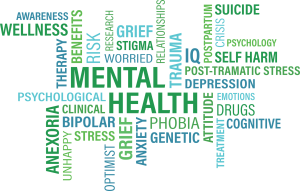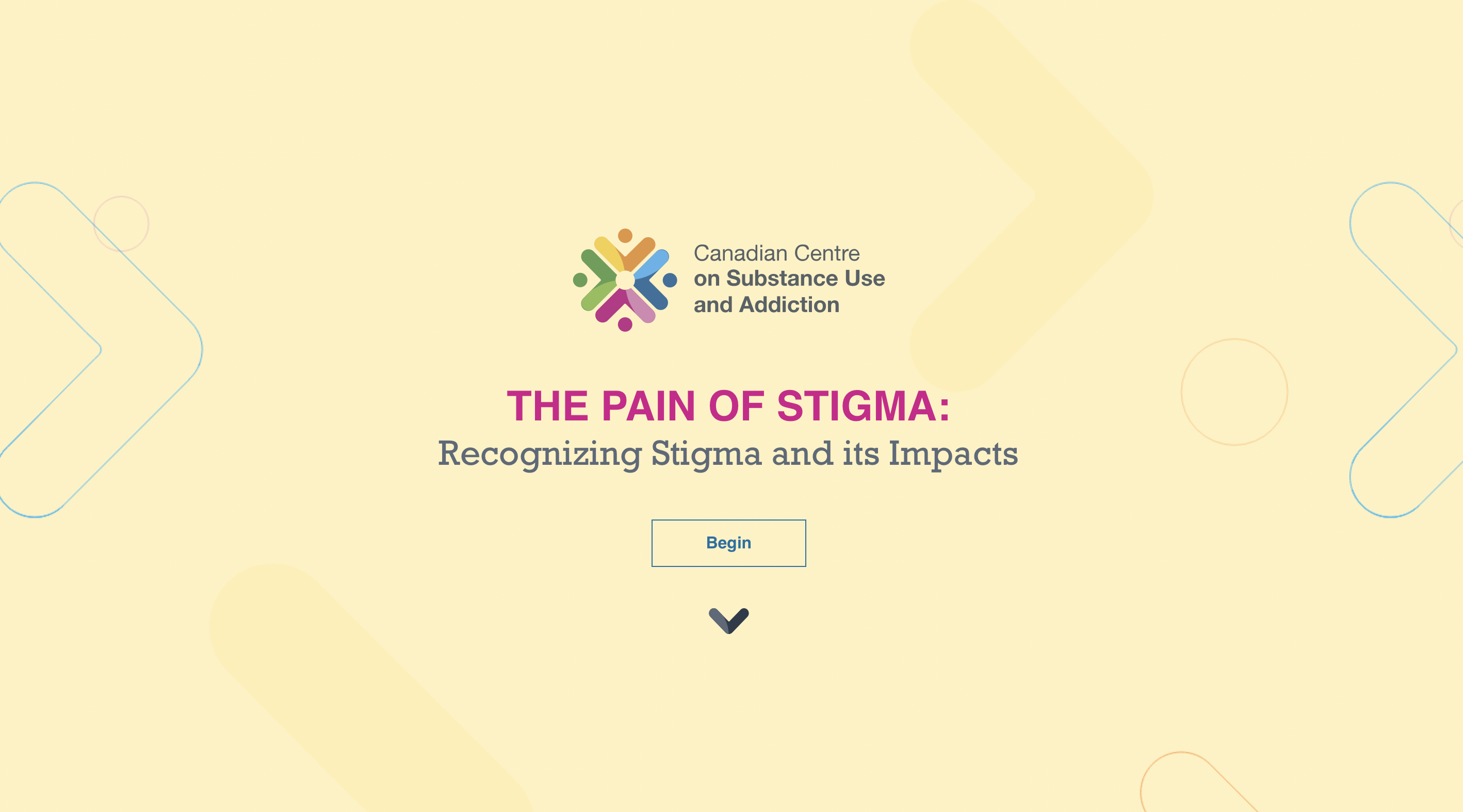9.3 Recognizing the Impacts of Stigma

Experiencing stigma can be incredibility detrimental. For PWUS, it can impact their health and well-being, as well as treatment and recovery efforts. Those experiencing stigma often feel alone and lack support, which can give rise to feelings of loneliness and isolation. Stigmatization also contributes to feelings of shame, low self-esteem, and a sense of social exclusion/not belonging, resulting in internalizing negative thoughts and beliefs about oneself (CCSA, 2019; Borenstein, 2020). A poor sense of self resulting from stigma can lead to difficulties in social situations, relationships, and at work, as well as to mental health issues (Borenstein, 2020). Internalized shame can also result in PWUS believing that they are uncared for/unloved and undeserving of help (CCSA, 2019). All of this contributes to a sense of hopelessness that makes it difficult for PWUS to access resources important for health, healing, and recovery (Borenstein, 2020).
Click the image below to access and complete the first of three interactive modules developed by the Canadian Centre on Substance Use & Addiction (CCSA). The module is designed to help improve your understanding of the consequences of stigma (Note: This module will resume where you left off. To re-start the module from the beginning, open a new Incognito Window (Chrome), Private Window (Safari, Firefox), or InPrivate (Edge)).


